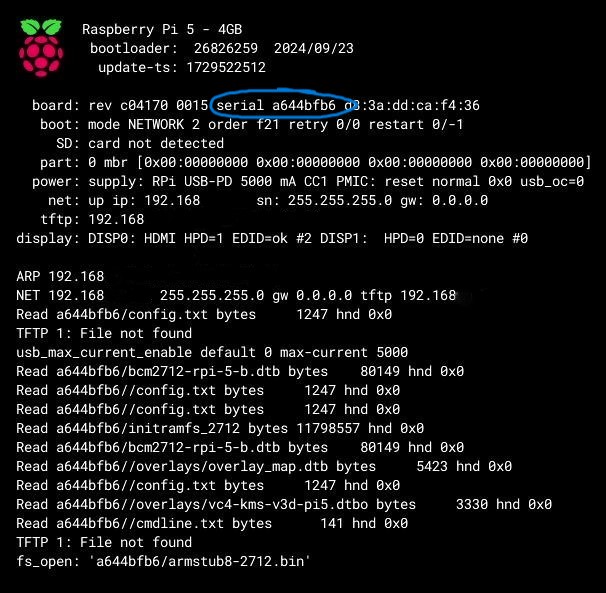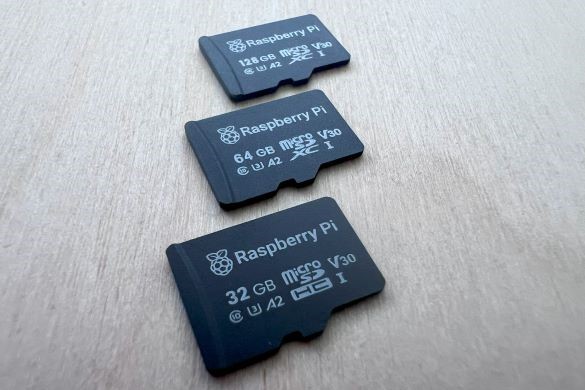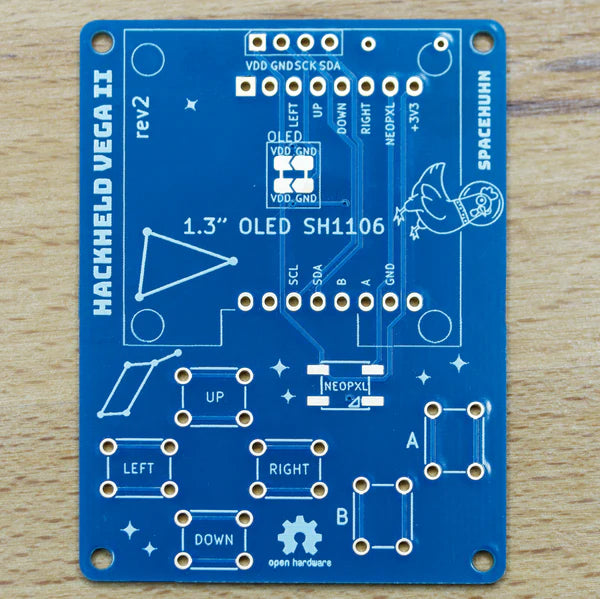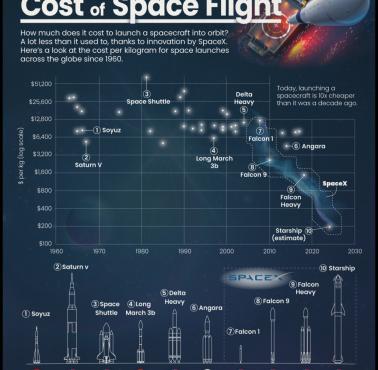The Raspberry Pi launches are coming thick and fast but don’t worry, I’ll keep soldering on.. Foreshadowing out of the way, Raspberry Pi’s AI offerings continue to expand with the announcement of their Raspberry Pi AI HAT+, bringing two flavours of neural network acceleration directly to the Pi 5’s PCIe interface. Available in both 13 TOPS and 26 TOPS variants (priced at $70 and $110 respectively), this new HAT+ form factor seems to be positioning itself as a more refined version of their existing AI Kit offering, though this time with an interesting twist.

What is the Raspberry Pi AI HAT+ Twist?
Whilst a key difference between the Raspberry Pi AI HAT+ and the older AI Kit is the form factor change from an M.2 module to an integrated solution (with the Hailo chip soldered directly to the PCB) there’s also a new variant.
Whilst the entry-level 13 TOPS model keeps the same Hailo-8L accelerator as found in the AI Kit, the 26 TOPS variant comes equipped with Hailo’s slightly spicier Hailo-8, opening up some interesting possibilities for more demanding workloads. Both variants support PCIe Gen 3.0 mode to ensure you’re getting the most out of that compute power, which is particularly important for the 26 TOPS model and in light of that, it automatically detects the HAT and sets it to PCIe Gen 3.0 out of the box.

HEAT_SINK
From a thermal perspective, ditching the M.2 form factor in favour of having the Hailo chip directly on the PCB seems like it will help of the thermal side of things. You’re getting slightly better heat dissipation which should help when you’re throwing everything you have at it.
Interestingly though, we also see a HEAT_SINK label on the PCB, with 2 (what I’m assuming are) mounting holes for a heatsink. Will Raspberry Pi be bringing out their own heatsink for this? Are there pre-existing options? Who knows!
What About My Hailo-8L Software?
Compatibility-wise, anything you’ve done with the AI Kit should work fine on either variant of the AI HAT+, though there is a slight catch. While models compiled for the Hailo-8L will run on the more powerful Hailo-8, the reverse isn’t necessarily true. Raspberry Pi do mention that lower-performance variants of Hailo-8 models are generally available, so you shouldn’t find yourself too restricted if you start with the 13 TOPS model and want to upgrade later.

With TensorFlow and PyTorch support out of the box and full integration into their camera software stack, Raspberry Pi seems to be betting on AI acceleration becoming a more significant part of the Pi ecosystem (they also have the AI Camera). If you’re interested in AI workloads on the Pi platform, this could be worth looking into, though at these prices you’ll want to be sure you’ll make use of that neural processing power.
For what it’s worth, I won’t be testing these. I already have the Raspberry Pi AI Kit and the Pineboards AI Bundle with the Hailo-8L and I don’t really have a personal interest in most of the things you can do with them so whilst I’ll publish the news, I’ll leave the tinkering to others..
Images courtesy of Raspberry Pi

















